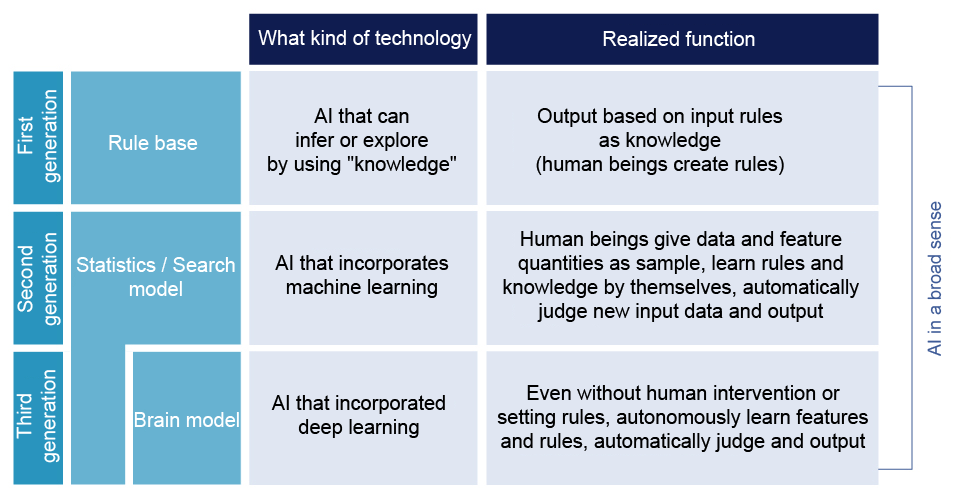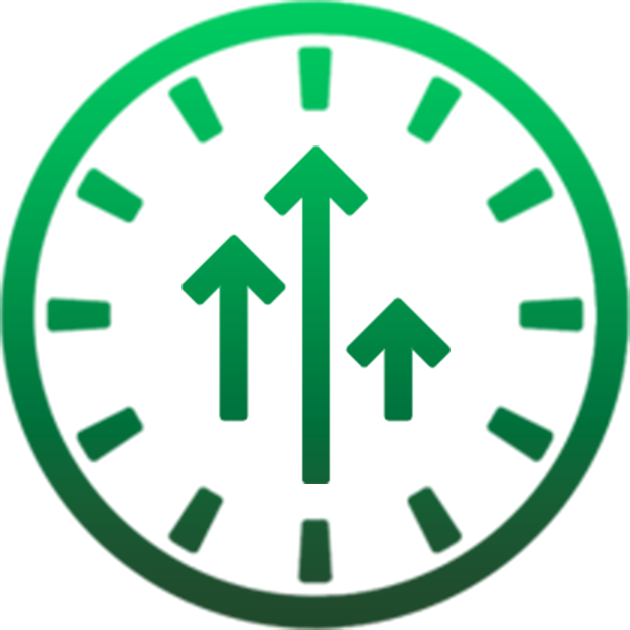
Ray Kurzweil has been a scientist as well as an inventor. His work involves text to speech synthesis and optical character recognition. He also uses electronic keyboard instruments. Kurzweil is also a researcher in biomedical and robotics engineering. He has made waves in recent years for his futuristic predictions. He predicts that artificial intelligence will be a reality soon. The Singularity is Near, and this technology will transform the world we live in.
The Singularity Is Near
Ray Kurzweil wrote this book with an ambitious agenda. It's quite hard to follow. It describes the rapid technological developments of the future and the effects they will have on our daily lives. The book is divided into two sections. Chapters one through four focus on Kurzweil's theory about the Singularity. The second section examines how these developments affect our lives and how they will help us survive.

Ray Kurzweil's life story
Ray Kurzweil's life story has many interesting twists and turns. He was born to Jewish parents in New York City and went to Queens' public schools. His parents fled Austria during World War II to settle in New York. Ray was exposed and taught a wide range of religious beliefs and practices. Ray was raised in Unitarian churches that held the belief that there are many ways to truth.
His inventions
Ray Kurzweil's best-selling book, The Age of Spiritual Machines was also his first novel. Kurzweil also invented a range of technological innovations such as reading machines and Stevie Wonder’s music synthesiser. Kurzweil's accomplishments have garnered him a lot of recognition, including the MIT Dickson Prize for Outstanding Book in Computer Science in 1994 and the Massachusetts Institute of Technology's Inventor of the Year award in 1988. In addition, he has received nine honorary degrees and lives in a suburban Boston suburb.
His predictions
Ray Kurzweil's predictions have been remarkably accurate. He predicted that the earth would become flat in 2099 and was right. He also predicted that two decades would pass before the Soviet Union collapses. This was before computers, cell phones, and fax machines. Some of his predictions didn't come out as he predicted, so they weren't highlighted. He did predict that the world will continue to grow and prosper over decades.

His books
For anyone interested in the future of technology, a reading list that includes Ray Kurzweil's books will be beneficial. Kurzweil was born in Queens. He attended the NYC Public Education Kingsbury Primary School PS188. Kurzweil was born to Jewish secular parents in New York. They had immigrated from Austria prior to World War II. He was exposed to many religious beliefs and practices throughout his childhood. In his youth, he was also exposed the many practices of other religious traditions, including the Unitarian church which held the belief that there are many ways to truth.
FAQ
How do you think AI will affect your job?
AI will eliminate certain jobs. This includes taxi drivers, truck drivers, cashiers, factory workers, and even drivers for taxis.
AI will create new jobs. This includes data scientists, project managers, data analysts, product designers, marketing specialists, and business analysts.
AI will make current jobs easier. This includes positions such as accountants and lawyers.
AI will make jobs easier. This includes salespeople, customer support agents, and call center agents.
What can AI be used for today?
Artificial intelligence (AI), a general term, refers to machine learning, natural languages processing, robots, neural networks and expert systems. It is also known as smart devices.
The first computer programs were written by Alan Turing in 1950. He was intrigued by whether computers could actually think. He presented a test of artificial intelligence in his paper "Computing Machinery and Intelligence." The test tests whether a computer program can have a conversation with an actual human.
In 1956, John McCarthy introduced the concept of artificial intelligence and coined the phrase "artificial intelligence" in his article "Artificial Intelligence."
There are many AI-based technologies available today. Some are simple and straightforward, while others require more effort. They can range from voice recognition software to self driving cars.
There are two major types of AI: statistical and rule-based. Rule-based uses logic in order to make decisions. To calculate a bank account balance, one could use rules such that if there are $10 or more, withdraw $5, and if not, deposit $1. Statistics are used for making decisions. A weather forecast may look at historical data in order predict the future.
How does AI work
An artificial neural network consists of many simple processors named neurons. Each neuron receives inputs and then processes them using mathematical operations.
Neurons can be arranged in layers. Each layer serves a different purpose. The raw data is received by the first layer. This includes sounds, images, and other information. Then it passes these on to the next layer, which processes them further. Finally, the last layer produces an output.
Each neuron has its own weighting value. This value is multiplied each time new input arrives to add it to the weighted total of all previous values. If the result is more than zero, the neuron fires. It sends a signal up the line, telling the next Neuron what to do.
This cycle continues until the network ends, at which point the final results can be produced.
AI: Is it good or evil?
AI is seen in both a positive and a negative light. The positive side is that AI makes it possible to complete tasks faster than ever. Programming programs that can perform word processing and spreadsheets is now much easier than ever. Instead, we just ask our computers to carry out these functions.
On the negative side, people fear that AI will replace humans. Many believe that robots will eventually become smarter than their creators. This may lead to them taking over certain jobs.
How does AI impact work?
It will change the way we work. We can automate repetitive tasks, which will free up employees to spend their time on more valuable activities.
It will increase customer service and help businesses offer better products and services.
It will allow us future trends to be predicted and offer opportunities.
It will help organizations gain a competitive edge against their competitors.
Companies that fail AI adoption are likely to fall behind.
What is the status of the AI industry?
The AI market is growing at an unparalleled rate. Over 50 billion devices will be connected to the internet by 2020, according to estimates. This will allow us all to access AI technology on our laptops, tablets, phones, and smartphones.
This means that businesses must adapt to the changing market in order stay competitive. They risk losing customers to businesses that adapt.
This begs the question: What kind of business model do you think you would use to make these opportunities work for you? Would you create a platform where people could upload their data and connect it to other users? You might also offer services such as voice recognition or image recognition.
Whatever you choose to do, be sure to think about how you can position yourself against your competition. You won't always win, but if you play your cards right and keep innovating, you may win big time!
Statistics
- By using BrainBox AI, commercial buildings can reduce total energy costs by 25% and improves occupant comfort by 60%. (analyticsinsight.net)
- The company's AI team trained an image recognition model to 85 percent accuracy using billions of public Instagram photos tagged with hashtags. (builtin.com)
- In 2019, AI adoption among large companies increased by 47% compared to 2018, according to the latest Artificial IntelligenceIndex report. (marsner.com)
- According to the company's website, more than 800 financial firms use AlphaSense, including some Fortune 500 corporations. (builtin.com)
- A 2021 Pew Research survey revealed that 37 percent of respondents who are more concerned than excited about AI had concerns including job loss, privacy, and AI's potential to “surpass human skills.” (builtin.com)
External Links
How To
How do I start using AI?
A way to make artificial intelligence work is to create an algorithm that learns through its mistakes. This can be used to improve your future decisions.
You could, for example, add a feature that suggests words to complete your sentence if you are writing a text message. It would analyze your past messages to suggest similar phrases that you could choose from.
It would be necessary to train the system before it can write anything.
To answer your questions, you can even create a chatbot. One example is asking "What time does my flight leave?" The bot will respond, "The next one departs at 8 AM."
This guide will help you get started with machine-learning.